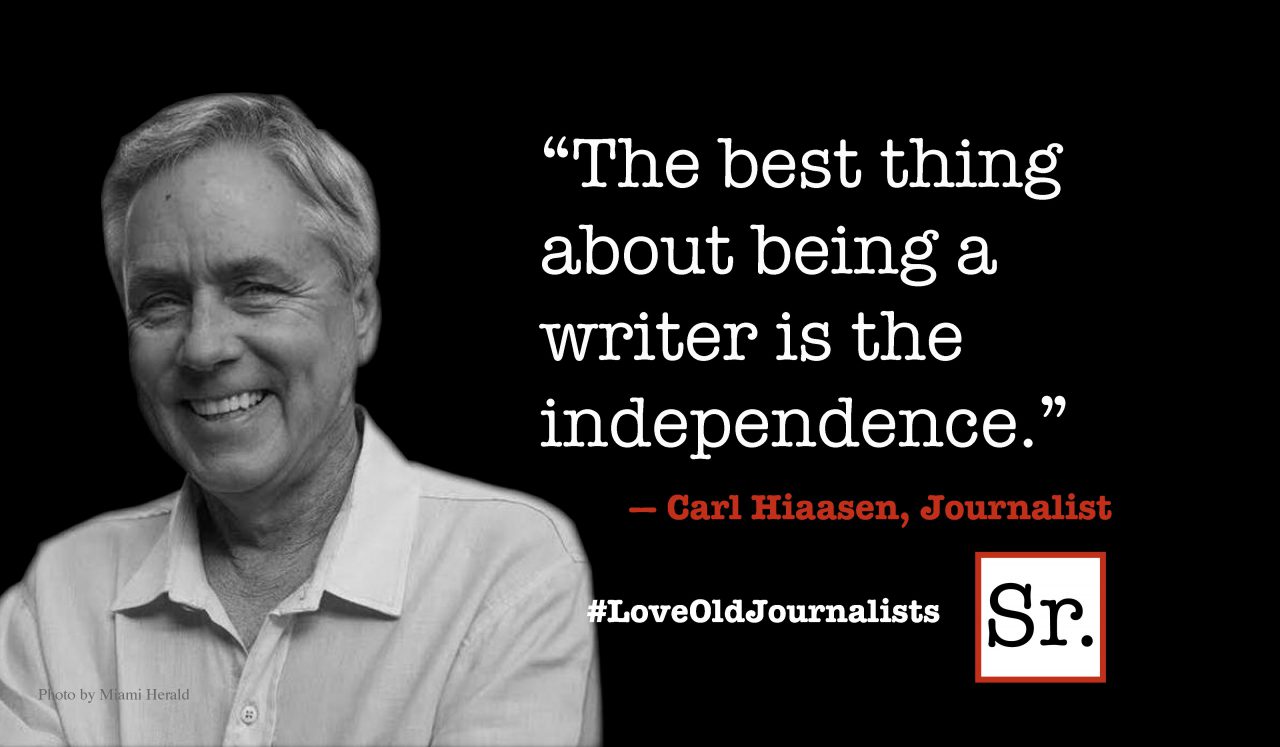You see them on the side of milk containers, on prescription pill bottles or the tops of canned goods. The "best if used by … " date is when the manufacturer has determined than a product is past the time when you should consume or use it. Like most of us, I fudge a bit. A can of mixed fruit probably won’t kill me if the date was a month or two ago, but any more than that and I prefer to toss it in the trash.
A while back I read something on a blog I enjoy that got me thinking in that weird way of mine: what if humans had a "best if used by … " date stamped somewhere on our bodies? How would that affect how we live our satisfying retirement?
I like this question because there is no correct answer. In fact, the question is answerable only in the abstract. To decide what I would have done differently for the past 63 years if I knew when I was going to expire on a certain date is simply an interesting mental exercise, isn’t it?
Another version of this would be, “What would you do if you knew you had one year to live?” My answer (and more importantly, yours) gets to the heart of what we have decided is important to us. It helps us clarify what makes our lives worth living. With an expiration date, we have no more fantasies about the lie we tell ourselves — like, “there’s always tomorrow” or, “I have all the time in the world to do that.”
If I had an expiration date, or had just discovered my "best if used by … " stamp, what would I do differently? I have a few thoughts that may get you to ask yourself the same questions. Of course, how long in the future I’ll have until I expire affects my answers. So, just for argument’s sake, let’s assume it is 5 years in the future.
- My to-do list each day would look a whole lot different.
- I would see all the sights I have promised to see “some day.”
- I would cut way back on computer time.
- How I spend my retirement money would change.
- My spiritual life would deepen and strengthen.
- I would leave a book of my life lessons for my children and grandkids.
Because this is just a fantasy (I hope!), it is hard to say what else might be on this list; but, the last item jumped out at me as probably the most important. Regular readers know my wife is a photographer. We have tens of thousands of analog and digital photos filling a linen closet and a few computer hard drives. So, forgetting what I look like and the times we all spent together wouldn’t be a worry for those left behind.
Of more lasting value may be what I can pass on to my kids and their kids. Like you, I have had my troubles. I have been fired, seen the dark side of some financial reversals, watched a business I built fail, had family members die, and struggled to be the kind of husband I promised to be 36 years ago.
Even so, I take the “Satisfying Retirement” title of this blog very seriously. If my life hadn’t been one of learning and growing, of solving problems, and moving forward, my retirement wouldn’t be so satisfying. I wouldn’t have written a post three times a week for over 2 years, pretending I had it figured out.
That should mean there are some life lessons that someone else in my family can benefit from. I feel obligated to tell them what I know to spare them as many stumbles as possible. So, I would spend some of my remaining time writing down what I have learned from this journey that has been my life. Hopefully I would honestly detail my failures and missteps as much as my successes. In that way, the things I have learned would not stop when I had reached my expiration date.
After all, shouldn’t life be more lasting than a can of peaches?









